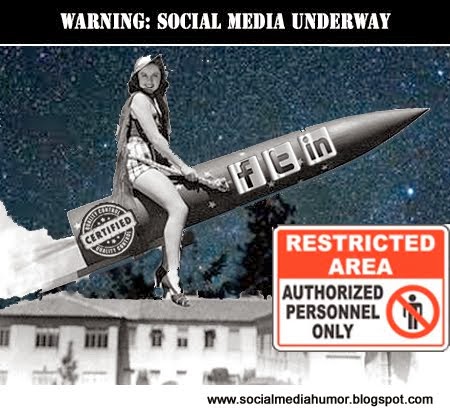Digital Marketing: Gambling on Over Segmentation?
 |
| Segmenting your digital marketing department into buckets? Careful... |
As reliance upon digital marketing continues to grow, some corporate budgets have completely displaced (rather than supplemented) traditional marketing. The new normal sees companies with separate departments for email, SEO, PPC, display, social media, content creation, branding, and so on. However left unattended, this can create a marketing army of islands. The classic "left hand not knowing what the right is doing" - just with many more hands.
I'm not against the trend of marketing function specialization, in fact the larger the organization, the more sense it makes in my eyes. The danger for companies is the often complete lack of communication - or better - coordination of efforts of these departments. And that seems exactly what's happening.
So many companies I meet with have hyper-segmented to the point that campaigns across channels look like they've been designed by different creatives and/or agencies - and often have. This is deadly for branding and disseminating a consistent message. The lessened importance on the hands-on marketing director and/or VP of marketing is likely partly to blame. In other words, your orchestra still needs a conductor regardless of how much you shelled out for that star performer.
A second, and perhaps potentially more alarming trend than lack of integration is selecting one of those channels as the sole effort. In essence, "betting it all on red." This tends to be more a problem - not surprisingly - with smaller companies. I know of many executives that are convinced that PPC is the only viable way to generate leads. Quite the expensive bet. And not one which spreads the risk.
B2B or B2C. Small or large. The strategies will change; the segmentation will differ, but there are some consistent themes.
Two digital marketing takeaways here:
- Digital marketing is at its most effective when it is part of an integrated campaign that includes traditional non-digital efforts as well including branding, customer outreach, thought leadership, and lead nurturing. (Sorry but even if you're product is completely virtual, you're likely still going to have to pick up the phone, attend/sponsor a show or two, schmooze with editors and clients, have giveaways, or put together a PowerPoint deck.)
- The whole of digital marketing is greater than the sum of its parts. Yes, one medium (e.g. PPC) will prove more effective than others (e.g. email, social). And in turn, one PPC channel (e.g. Google, Facebook, LinkedIn) will likely produce similar disparity. But don't be tempted to choose one medium or channel over another. Spread the efforts like a financial portfolio. And make sure at least one team member is dedicated to making it all run smoothly.



Comments
Post a Comment
What say you?